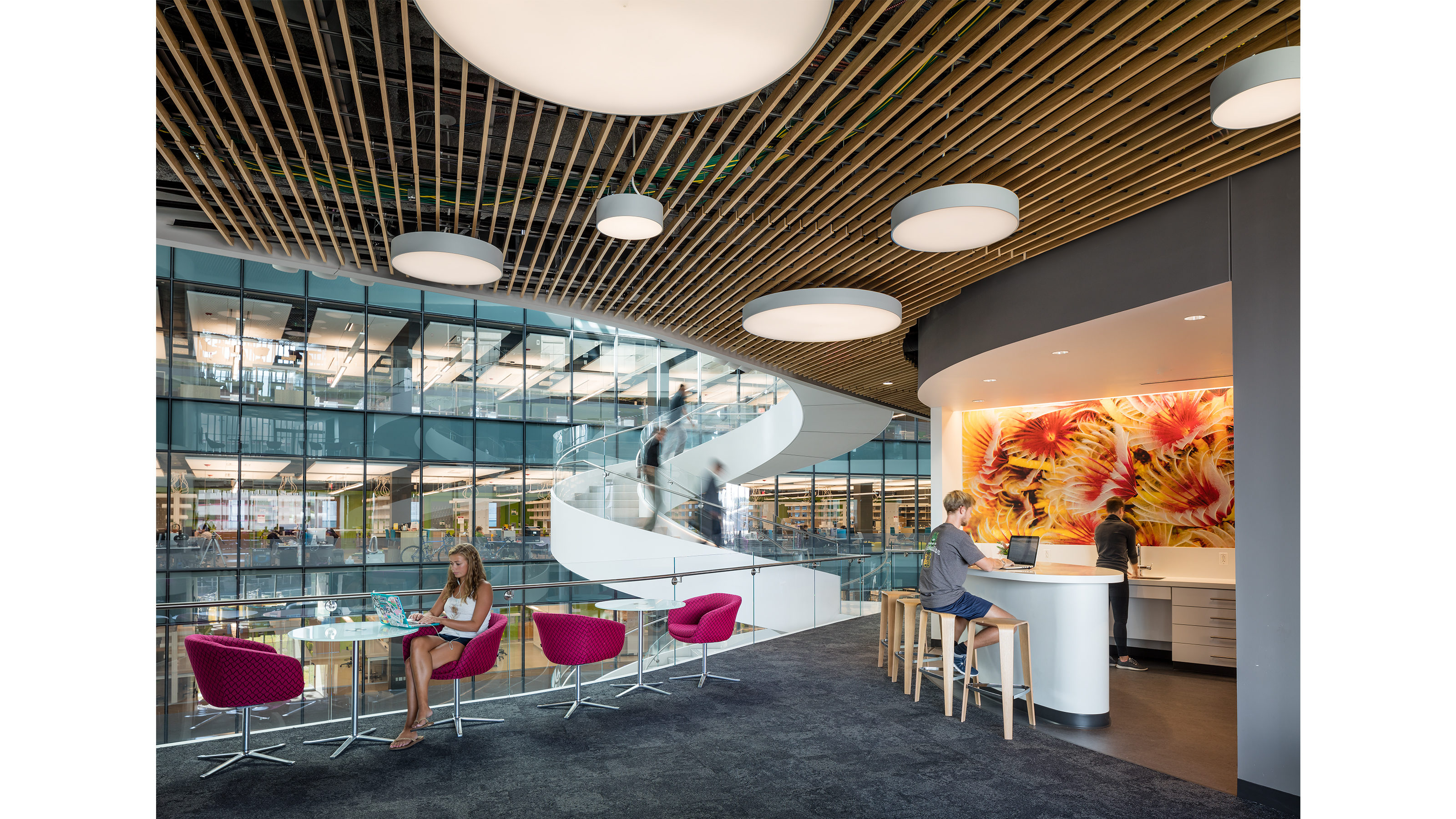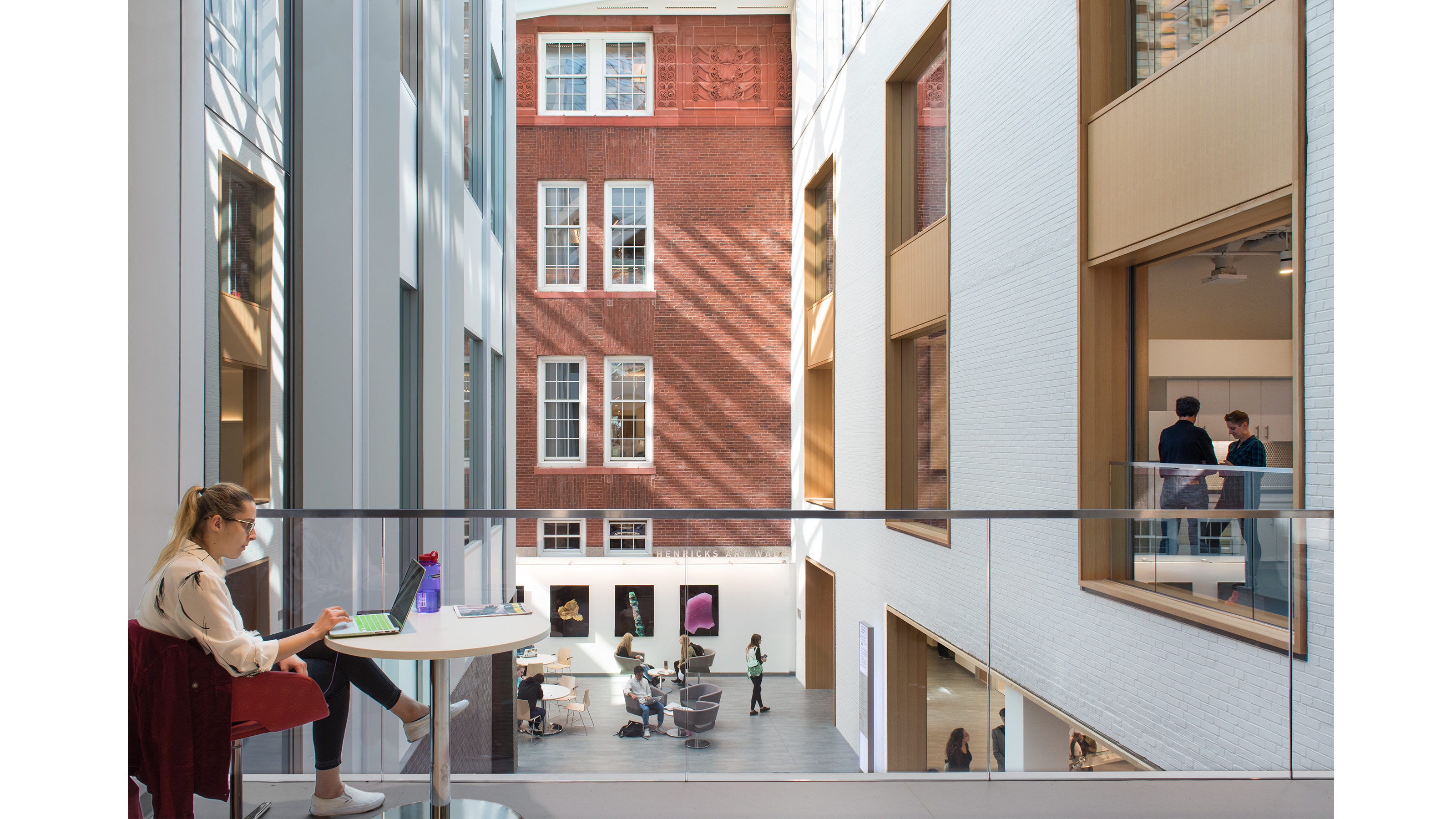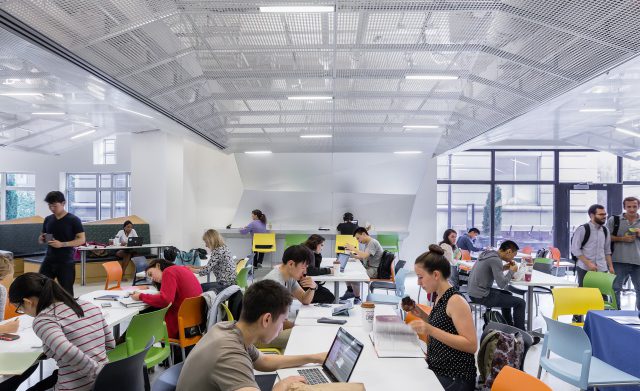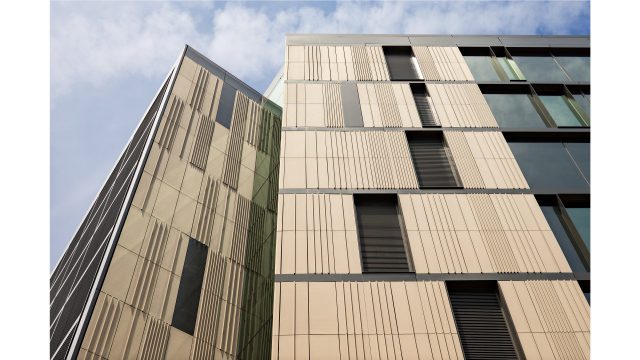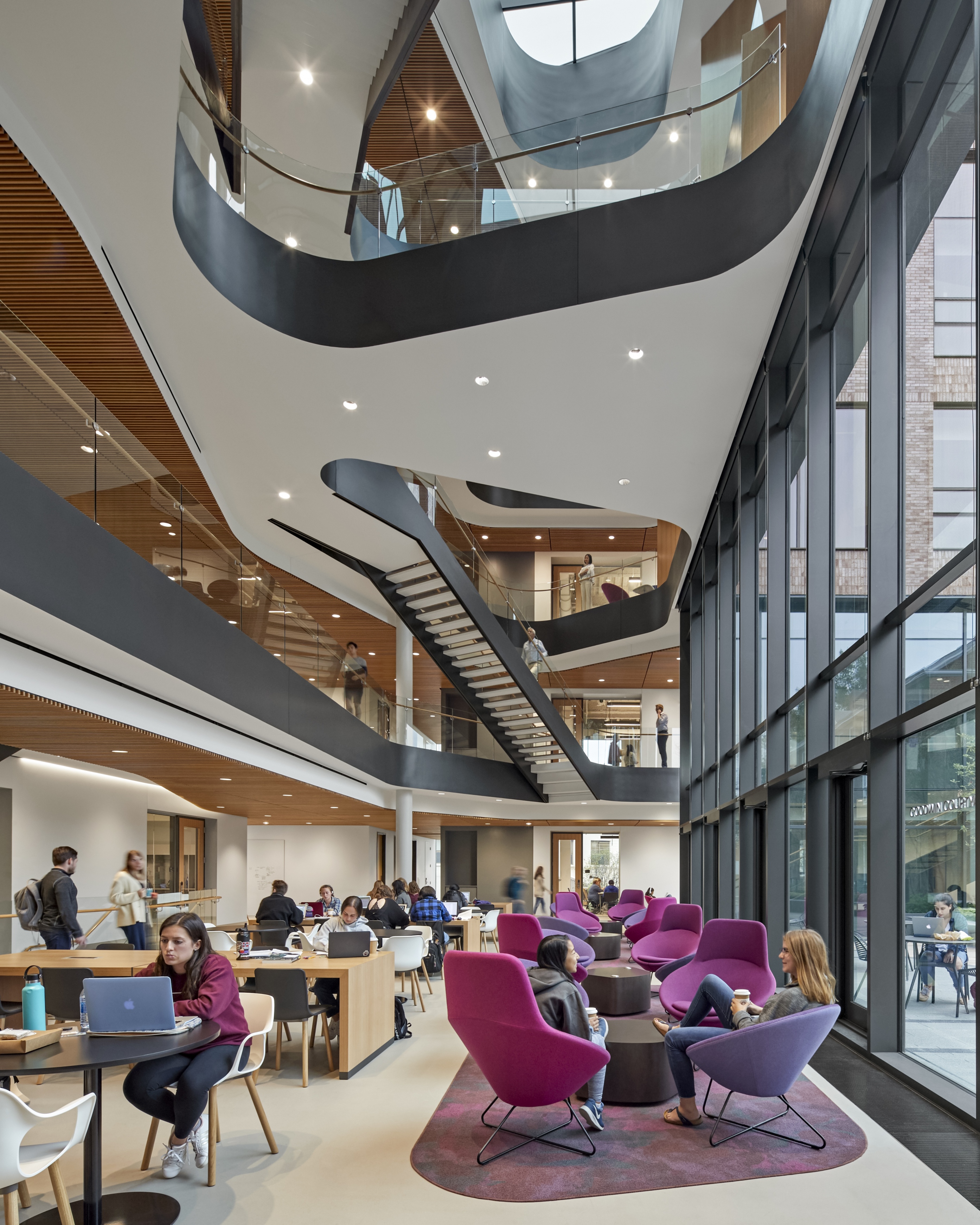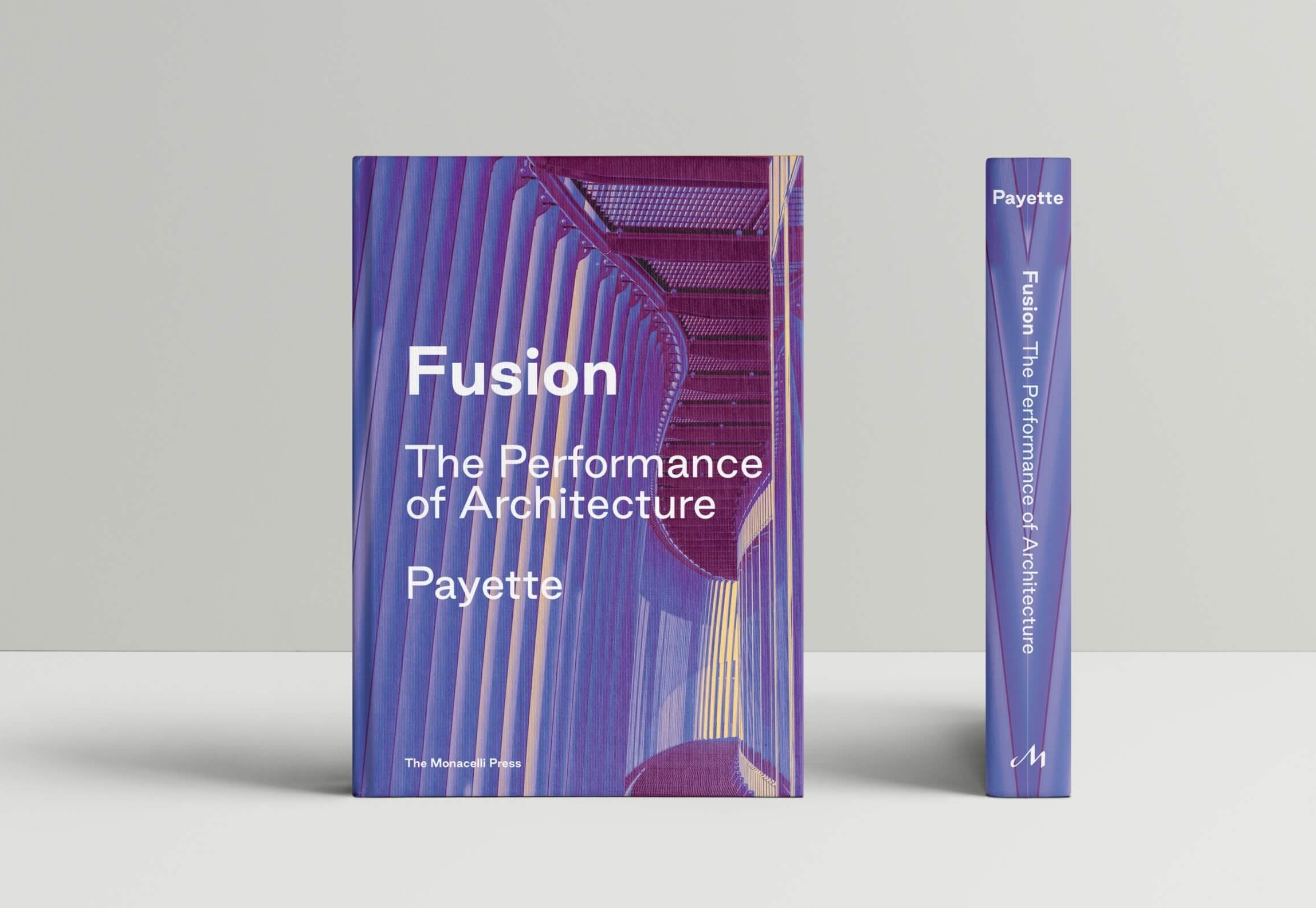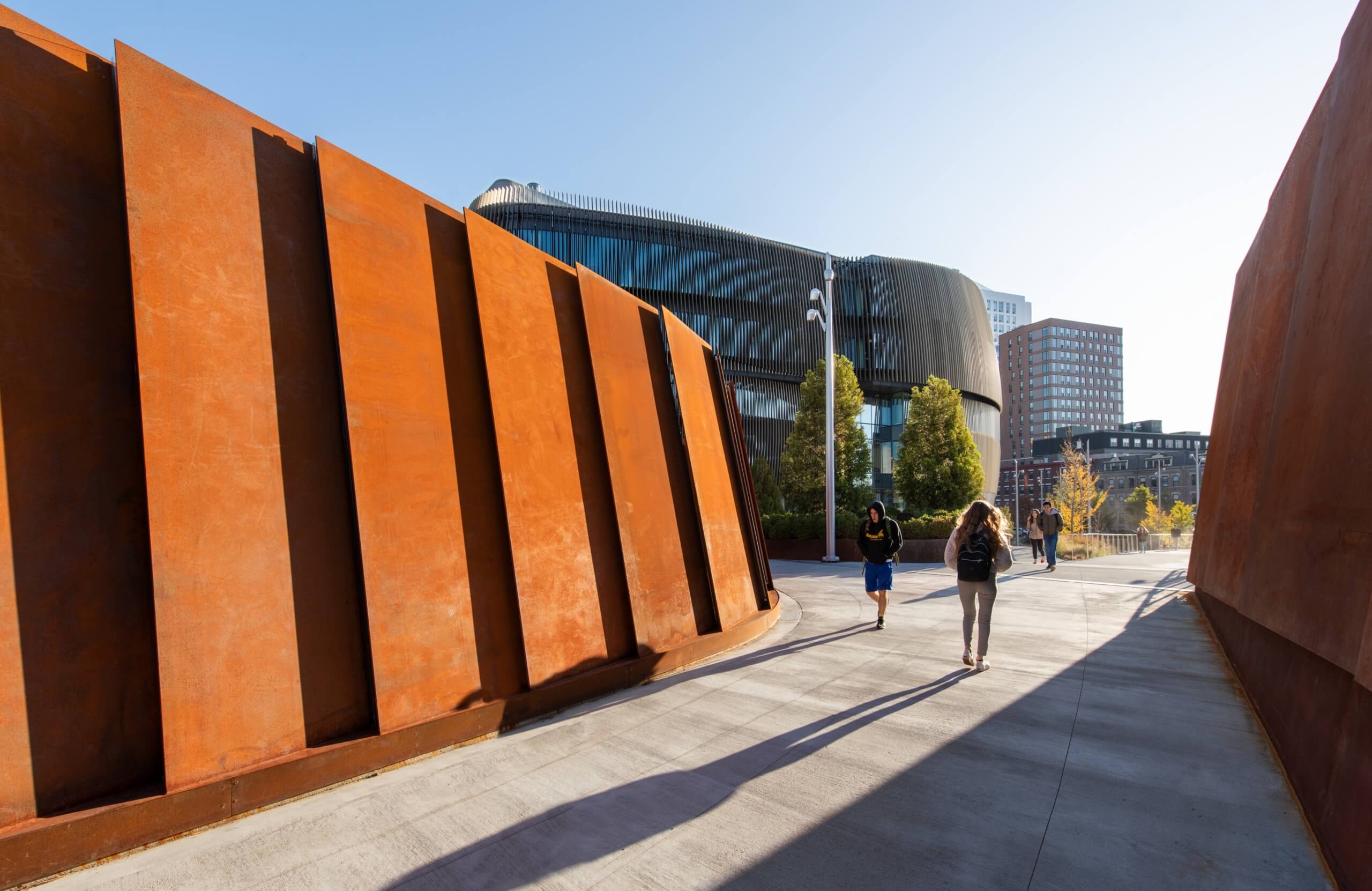
During the past 60 years, engineering has seen a dramatic increase in the range of activities that occurs within its boundaries. In particular, as the biological research model has matured, a renewed interest in the challenges associated with our planet and the transformation of basic biological research into applied research and commercialization has occurred. Engineering is viewed as the vehicle for tackling these challenges and thus, engineering is experiencing a Renaissance at many institutions.
However, to tackle the convergence of these sciences, an Engineering School’s laboratory capabilities must grow in proportion with the range of investigation it seeks to accommodate. Engineering schools now must consider a larger proportion of wet lab research space, new shared facilities (e.g. vivaria, imaging, media prep, tissue culture) entrepreneurship programs, makerspace, visualization centers and a dramatic growth in data science.
President Joseph Aoun Northeastern University, 2017What we wanted to do is not to build a Science and Engineering complex. Our goal was a sculpture, a piece of art that will allow the researchers, the students, the staff, and the community to have a place that will allow them to be at their best.
project spotlight
Northeastern University, Interdisciplinary Science and Engineering Complex 91 kBtu/SF
The 600,000 SF academic science and engineering precinct, comprised of the ISEC and EXP has helped to establish Northeastern as a premier research institution in Boston, while enhancing the Columbus Avenue corridor of the campus. The space serves as a portal to science, research and innovation. LEED Gold Certified. Awards: AIA Architecture 2021, AIA Regional and Urban Design 2021, AIA National COTE Top Ten Green Projects 2019, Harleston Parker Medal for the Most Beautiful Building in Boston 2019, AIA/New England Honor Award 2019, Chicago Athenaeum American Architecture Award 2018, BSA Sustainable Design Award 2018, AIA New York/COTE Honor Award 2017, SCUP Merit Award 2018, BSA Honor Award 2017, I2SL Go Beyond Award 2017, Architect’s Newspaper Best of Digital Fabrication 2016.
Tufts University, Science and Engineering Complex 112 kBtu/SF
The Science and Engineering Complex is a strategic infill addition that creates space for interdisciplinary research and connects two historic buildings, creating a dynamic high tech hub for open communication and cross-pollination. The resulting academic precinct addresses the institution’s desire for a critical mass of research and teaching space to support cross-departmental collaborations. LEED Gold Certified. Awards: BSA Citation 2018, AIA/New England Merit Award 2019, I2SL Go Beyond Award 2018, IIDA New England Award 2019.
The Pennsylvania State University, College of Engineering Master Plan, West 1 and West 2 Buildings West 1: 59 kBtu/SF; West 2: 28 kBtu/SF
The College of Engineering Master Plan established a singular vision that allows Penn State to capitalize on a once-in-a-generation opportunity. The first two engineering buildings, West 1 and West 2, implement this vision—housing programs for innovation, makerspaces, research/teaching labs and classrooms as well as student gathering/collaboration hubs. Tracking LEED Gold.
University of Connecticut, Science One: New STEM Research Center 108 kBtu/SF
A centerpiece of Connecticut’s “NextGen” STEM Initiative, this signature project encompasses a new cutting-edge research and teaching building for Material Science Engineering and a 22-acre, high-performance landscaped site. Tracking LEED Gold and SITES Silver Certifications.
Columbia University, School of Engineering and Applied Science, Data Science Institute
This project converted Columbia’s science library into an integrated computational sciences hub, bringing in natural light, providing private offices for faculty and creating a dynamic environment that would support recruiting. LEED Gold Certified. Awards: AIA New England, Merit Award, Interiors, 2016
University of Chicago, Computer Science and Computation Institute Renovation of the Crerar Building
This comprehensive renovation transformed the building into an exciting campus hub for collaboration, instruction, research and support, especially around computing and data science. LEED Gold Certified.
Massachusetts Institute of Technology, Physics, Department of Material Science and Engineering, Spectroscopy and Infrastructure (PDSI) Project
A technical engine and social connector, this unusual service courtyard addition weaves together pathways for people and systems, preserving the programmatic diversity and architectural character of the iconic Main Group—a complex that houses the famed Infinite Corridor. Awards: SCUP Honor Award 2008, BSA Citation 2008, BSA Higher Education Award 2009.












